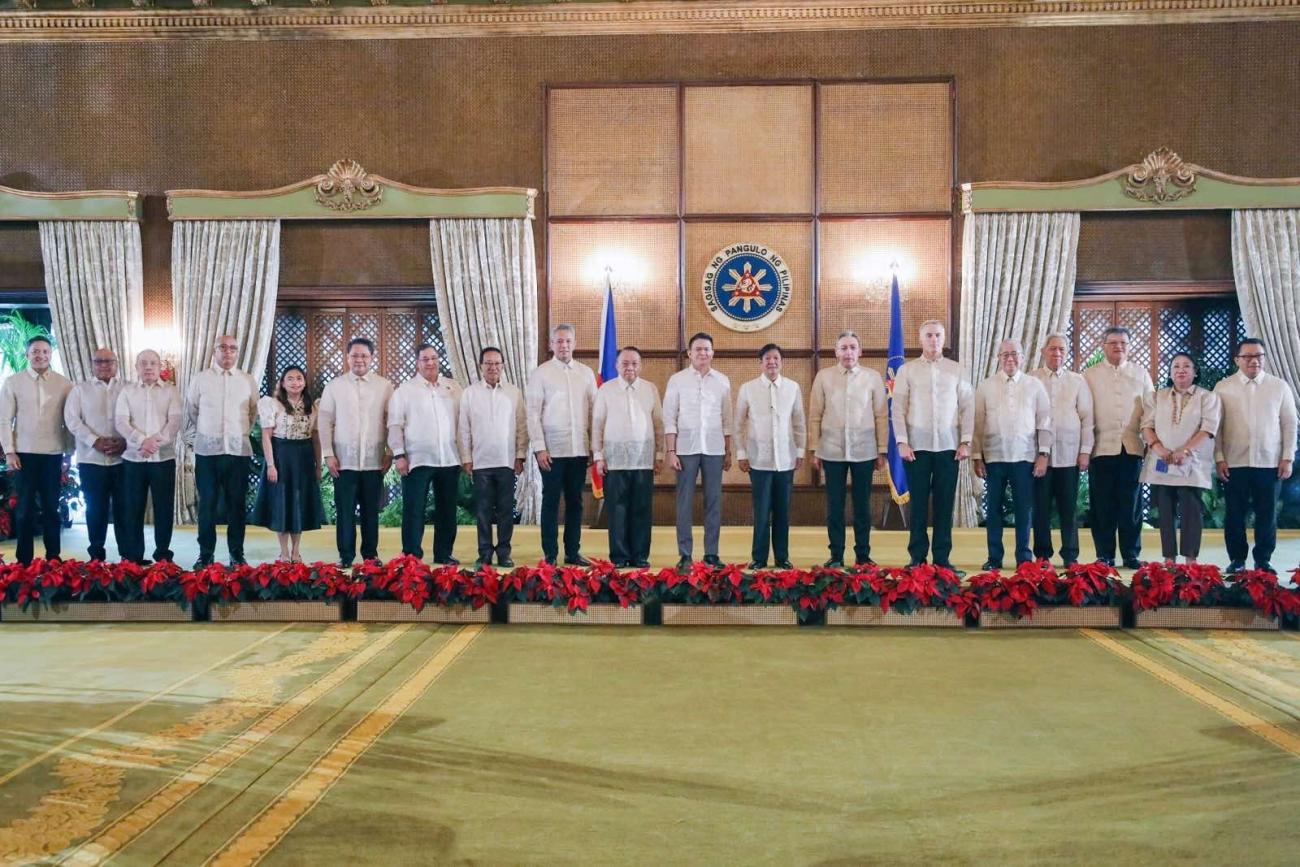UNODC lauds Philippine anti-corruption efforts, commits continued support to government

--
The Philippines has made significant progress in the fight against corruption, but work should continue to root out corruption in the country, said Daniele Marchesi, Country Representative of the United Nations Office on Drugs and Crime (UNODC), at a high-profile event attended by President Ferdinand Marcos Jr and other dignitaries.
Speaking at the 5th State Conference on the United Nations Convention against Corruption (UNCAC) Implementation and Review held in Manila on 3 December, Mr. Marchesi lauded the country’s recent anti-corruption efforts, particularly in public procurement and the prevention of money laundering.
“Public procurement, which has historically been a high-risk area for corruption, is now more transparent and accountable thanks to the institutionalization of electronic procurement, beneficial ownership transparency, and sustainability principles,” he said.
Mr. Marchesi also cited the government’s anti-money laundering policy reforms, which can lead to the Philippines’ removal from the so-called “grey list” of the Financial Action Task Force (FATF), an intergovernmental organization that sets international standards to prevent money laundering and terrorist financing. The Task Force’s grey list is composed of jurisdictions that are under increased monitoring for these illegal activities. Following recent reforms, the country is now poised for a FATF review in early 2025, which could result in its removal from the list, enhancing its international reputation and opening doors for greater investment opportunities.
The UNCAC Conference implementation and review was attended by President Ferdinand Marcos Jr., Senate President Francis Escudero and other senior officials. President Marcos emphasized the Philippines’ long-standing commitment to the UNCAC, stating:
“On November 06, 2006, the Philippines ratified the United Nations Convention Against Corruption or UNCAC. On that day, our country made a bold commitment to fight corruption not just within our borders but alongside a global community of nations.”
UNCAC is the only globally binding anti-corruption framework, providing a comprehensive roadmap for transparency, accountability and integrity. UNODC serves as the secretariat and custodian of the Convention, which has now been almost universally ratified, with 191 state parties.
While the Philippines has made substantial progress, further reforms are needed in the country’s fight against corruption, speakers at the event agreed.
UNODC is supporting Filipino authorities on a number of initiatives, including enacting a comprehensive whistleblower protection law, developing a beneficial ownership transparency law, boosting transparency through the expansion of the Freedom of Information framework to include the legislative and judicial branches of government, and addressing the risks posed by cyber-enabled fraud including Philippine offshore gaming operators (POGOs), which have recently been banned by the Government.
However, according to Mr. Marchesi, equally important to policy reform is a necessary shift in the overall culture around corruption. He said, “Ultimately, defeating corruption is not only about policies and laws. It requires systemic, incremental changes that reshape institutions and behaviors over time... Education for integrity, particularly among young people and newly appointed public officials, is an essential ingredient to preventing corruption.”
The focus on collaboration and values was reiterated also by other speakers, including Ombudsman Samuel Martires, who said: “This fight requires more than policies, it demands genuine collaboration among government agencies, civil society and the private sector. It requires every Filipino to embody the values of honesty, fairness and justice in their daily lives. Let us continue to build a nation where public trust is upheld, governance is exemplary, and corruption is never tolerated.”
During the event, Representatives of the Cabinet, the Senate and Congress, as well as the judiciary listed their respective commitments to continue the fight against corruption in the country, with a strong emphasis on the Integrity Management Programme (IMP) promoting anti-corruption and accountability in all government departments.
This year’s UNCAC Review was held as part of anti-corruption month, which runs throughout December, and was organized jointly by the Philippine Government and UNODC.

